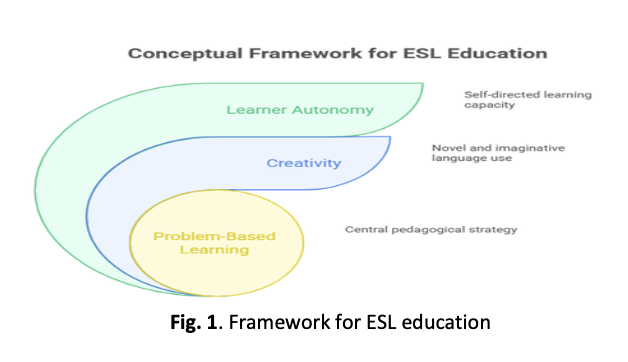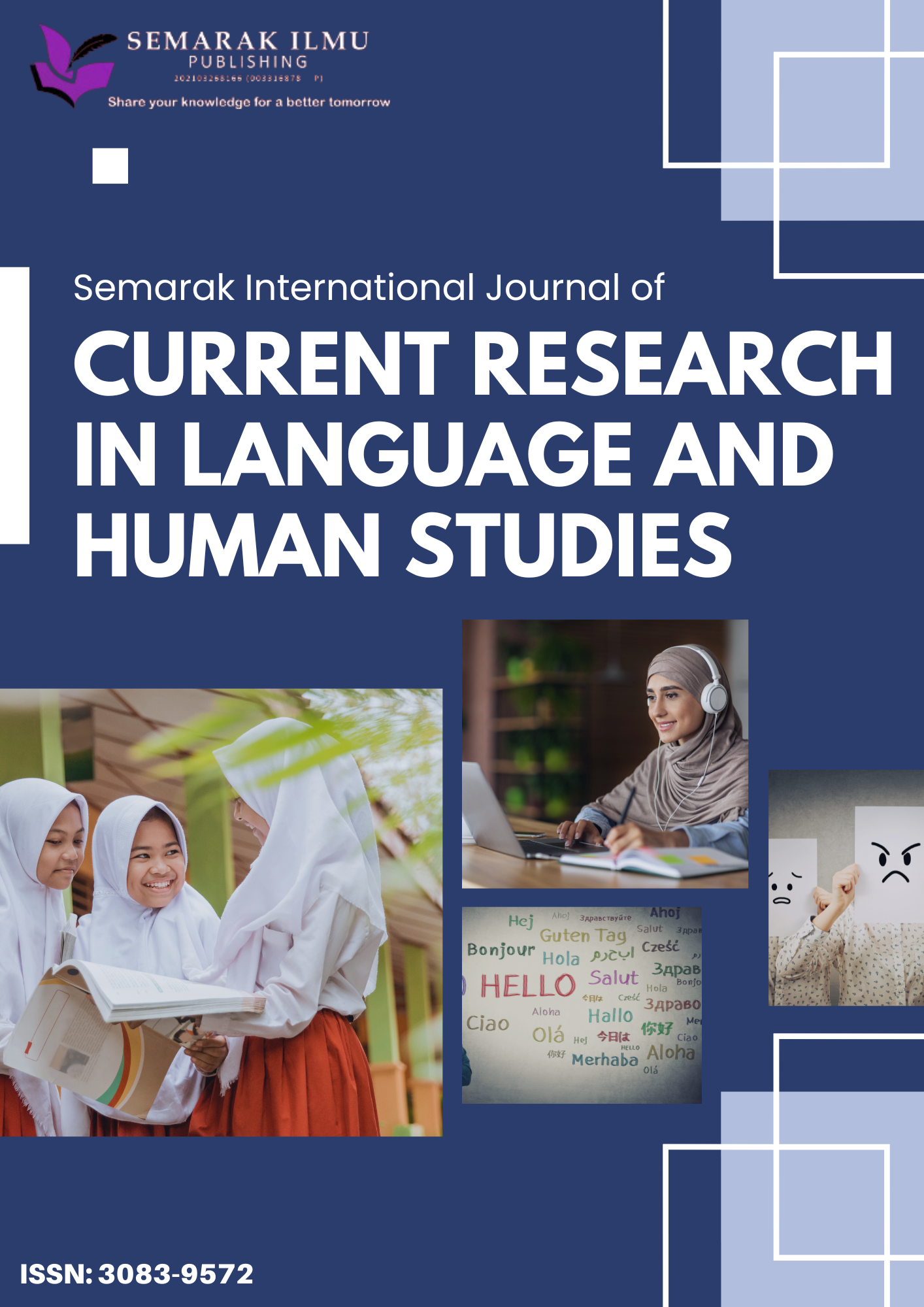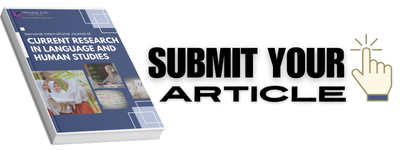Evaluating the Impact of Problem-Based Activities (PBAS) on Creativity and Learner Autonomy among ESL Learners
Keywords:
Problem-based learning, learner autonomy, creativity, ESL instructionAbstract
In today’s globalized and multilingual society, ESL instruction must go beyond language proficiency to include 21st-century competencies such as creativity, autonomy, and critical thinking. In Malaysia, while initiatives like the Highly Immersive Programme (HIP) have promoted communicative approaches, traditional grammar-focused methods still dominate, limiting learners’ creative expression and autonomy. This study addresses a critical gap in the literature by exploring the dual impact of problem-based activities on creativity and learner autonomy in the ESL classroom, particularly within a Malaysian tertiary education context. The purpose of this research is to examine ESL learners’ perceptions of how problem-based activities influence their creative and autonomous learning experiences. A quantitative design was employed, involving 37 ESL learners who participated in problem-based activities as part of their language proficiency course. Data were collected using structured Likert-scale questionnaires, alongside open-ended responses to provide qualitative insights. Findings indicate high levels of agreement that problem-based activities enhanced learners’ creative thinking, confidence, and ability to learn independently. The highest endorsement was for recommending the approach to other ESL learners, demonstrating strong overall satisfaction. Qualitative responses echoed these results, highlighting increased engagement, improved communication skills, and enthusiasm for continued participation in similar tasks. The study concludes that problem-based learning is an effective strategy for fostering both creativity and learner autonomy in ESL contexts. It positions learners as active, empowered participants in the language learning process. Implications for future research include longitudinal studies to examine sustained learning outcomes and broader studies across institutions to enhance generalizability.









